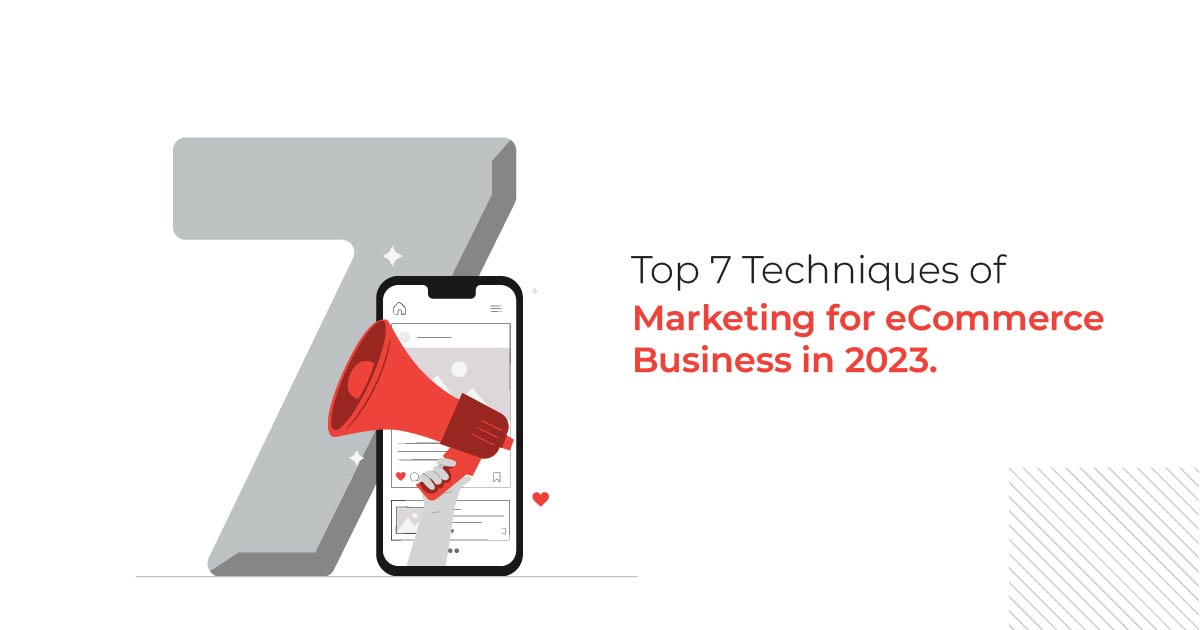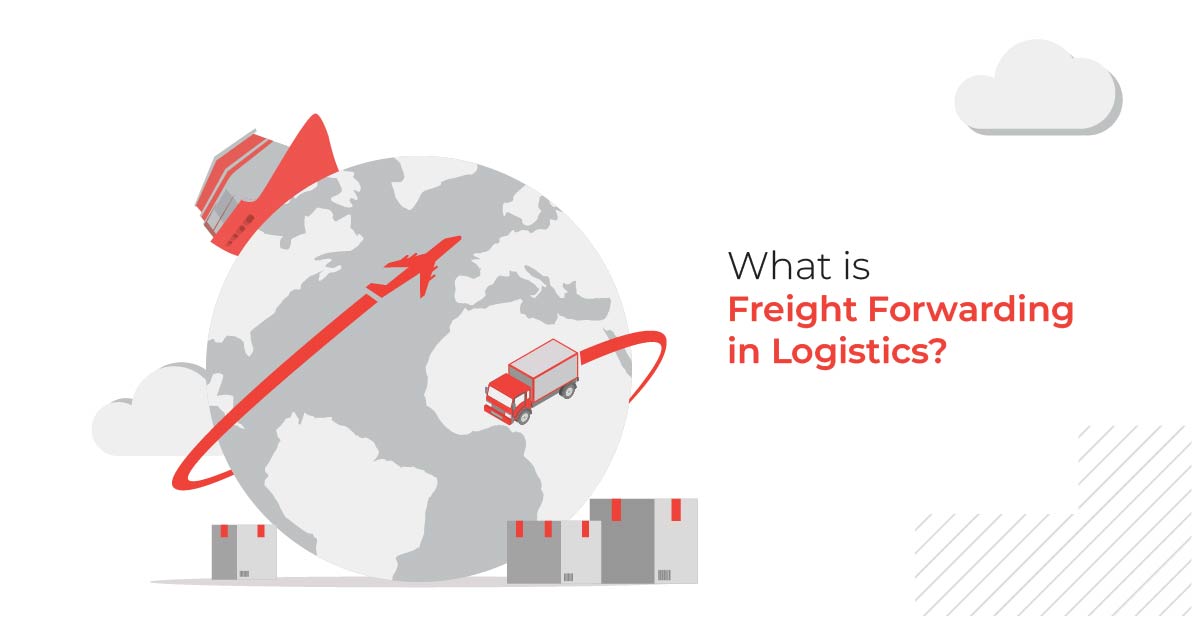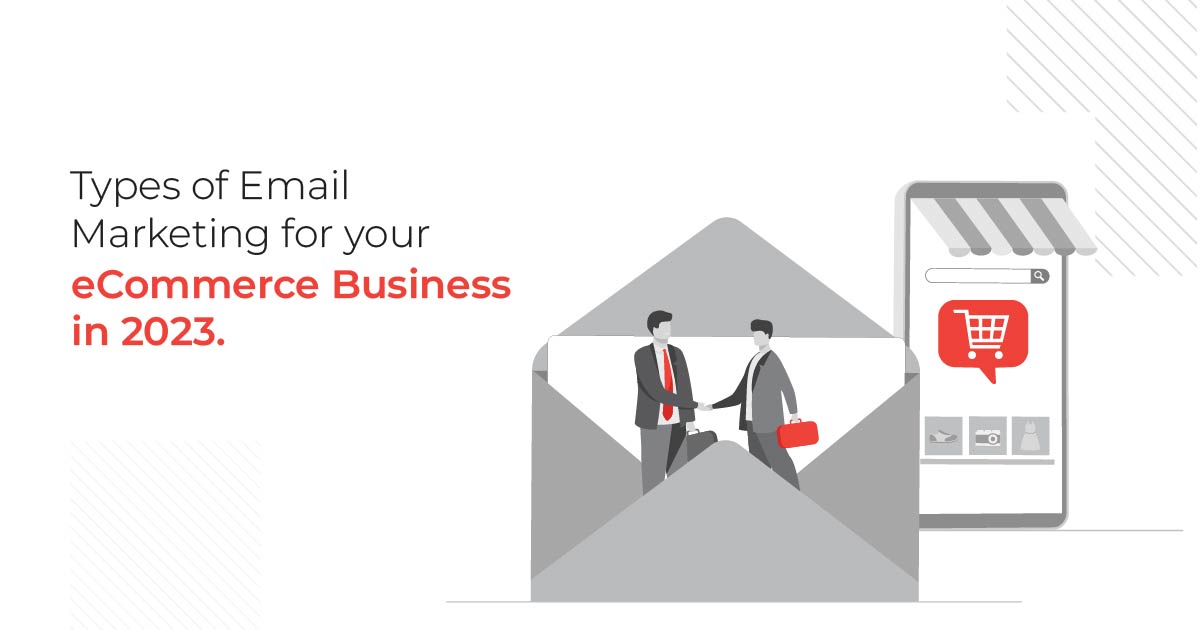
As a business, you communicate with your customers on a daily basis, suggest to them what they might like to buy based on their previous purchases, or maybe even schedule a call when anyone has any queries. But when you start gaining new customers, executing all these actions would also be draining for your team. Would you rather spend time understanding the market better or execute tedious tasks like this? This is where marketing automation comes in. Marketing automation is a type of software that every business thinks of when kickstarting their website or their brand.
So, in this ‘what is marketing automation’ guide, we’d be talking about what marketing automation is, its purpose, and the marketing automation tools that an e-commerce marketer would need to leverage to set up an efficient process and drive higher marketing ROI.
What is Marketing Automation?
The answer to what is marketing automation, in simple terms, is that it is a software designed to streamline your marketing processes and procedures. Recurring market processes like social media campaigns, email marketing, etc., can be mechanised by automation which helps in increasing efficiency. It also facilitates the processes of customer behaviour tracking, personalisation of messages, etc.
Marketing automation assists you in finding potential customers and automating and streamlining lead nurturing strategy to make them ready for purchase.
For instance, education and awareness-raising could be the most important activity early on in the lead-nurturing process. With marketing automation, leads may easily and quickly understand your offerings while developing trust and respect for your business.
Later, when potential customers have narrowed down the categories of products they’re interested in, you can communicate with them using customised messaging specially created for the demographics most likely to support the expansion of your brand. You can check out a list of marketing automation tools that power your marketing efforts.
It also automates the sales processes in a way that allows the prospects to directly approach the sales team with the intention of closing the deal, thereby significantly enhancing the effectiveness of your sales funnel.
Benefits of Marketing Automation
Before diving into the different automation platforms for marketing, let us understand the many benefits of marketing automation and how it helps free up time for marketers to focus on the important aspects of the business.
1. Cross-channel marketing campaigns
Cross-channel marketing automation facilitates tracking potential and current customers across various channels. It makes creating unique cross-channelling marketing processes easier and smoother as marketing automation systems integrate myriad functions like email sending, SMS marketing, live chat, advertising campaigns, CRM, etc. You can use automated sequences to target warm leads on Facebook, email cart abandoners with relevant offers, or SMS webinar attendees with notifications.
2. Dynamic personalisation
Dynamic customisation is the process of tailoring the content that a person sees on the basis of their online behaviour, certain characteristics, or demographics. Email customisation helps boost revenue by up to 15%, with over 70% of consumers expecting tailored interactions from businesses.
Consider manually tailoring each piece of marketing collateral. It would not only take a long time but also be technically challenging.
Automation software dynamically personalises chatbot responses, emails, ad text, and all other types of content. It collects and processes massive amounts of customer data in order to create personalised experiences and quickly modify content for each user. Clevertap is one of the tools that help build individualized experience thereby driving user engagement.
3. More qualified leads
A majority of businesses witness an increase in lead generation after implementing marketing automation. You’re welcome to join them!
To generate leads at scale, simply create a lead magnet, signup form, and embed it where your market segment is most likely to see it. The rest will be handled by your marketing automation solution.
You can also develop a lead generation chatbot in order to recognize potential clients on the basis of their behaviour, arouse their interest, and add their contact information to the relevant segment.
There are numerous ways to automate lead generation. You have several options, including PPC advertising, lead generation tools, and referral marketing.
Regardless of the method you use, the end result is a consistent flow of leads.
4. More control over customer interactions
There will be no more lost information or overlooked conversations as marketing automation allows you to handle every customer-brand interaction, which in turn, leads to the following results:
- You can always find detailed information on workflows.
- You understand which methods work and which do not.
- Each contact can be tracked as they progress through your funnel.
- You never miss a chat.
- Your advertisements are both timely and relevant.
10 Marketing Automation Platforms that Every Business Needs to Know About
When exploring different marketing automation platforms, there are some top features that you should check for efficiency. Few such features include personalisation, usage of AI, timely response to not lose a deal, analytics for every area and more. So, we have listed down the 10 best marketing automation tools that you would need to keep things running smoothly. From acting as robust email automation tools to comprehensive web automation tools, the following platforms are simply the best picks.
1. Salesforce Marketing Cloud
The salesforce marketing automation system is ideal for preparing a customised journey. Through personalisation, you can make the customer journey a memorable experience. One of the best features of the Salesforce marketing automation software is that it provides you an in-depth understanding of your consumer base. It connects data with marketing processes and assists in optimising them. Furthermore, you get insights into all such processes and gain more clarity.
Moreover, with automation software, you can manage data more efficiently. It has journey data and contact data that help you understand the phases of the customer journey. You can look at the nature of interactions through each email, and communicate with your customers on time.
Also, Salesforce leverages Einstein which is an AI technology covering engagement, personalization, and time optimization through which disengagement is relatively low. Moreover, its CRM marketing automation helps the sales team gain every detail of the prospects’ past interactions with the brand.
2. WebEngage
This is a full-stack retention operating system that provides a customer data platform with a unified view of customers, integrating data from diverse sources and systems. It’s one of the marketing automation tools that have an engagement stack across more than 11 channels like WhatsApp, email marketing strategy, push notifications, and many more. WebEngage works with over 400 customers worldwide across industries like e-commerce, edutech, gaming, financial services, travel, etc.
3. CleverTap
CleverTap is a customer engagement platform that helps businesses increase customer retention and lifetime value by delivering personalised and delightful experiences. By leveraging a unified and deep data layer, automation, and AI/ML-powered insights.
CleverTap enables brands to offer contextual individualisation to their customers, driving engagement and loyalty. Over 1,200 customers across 60+ countries and 10,000+ apps, including Gojek and ShopX, rely on CleverTap to achieve retention and engagement goals and drive long-term revenue growth. With its suite of features, such as mobile analytics, funnel analytics, revenue tracking, in-app marketing, retention tracking, email marketing, cohort analysis, and more, CleverTap provides businesses with the tools they need to engage and retain their customers effectively.
4. NetCore Cloud
NetCore Cloud automation software is a widely used technology that offers a complete range of marketing technology solutions to assist product and growth marketers in creating intelligent customer experiences powered by AI technology across all user touchpoints throughout their journey. As an all-in-one solution for marketers, NetCore Cloud offers a comprehensive set of features, including unified customer views, orchestration of omnichannel communication journeys, personalisation of apps and websites, optimisation of user experience, real-time reporting, and actionable analytics.
5. Wigzo
Wigzo, foundationally, is a no-code customer intelligence platform that also offers marketing automation for e-commerce. Features like the automation engine powered by AI, omnichannel personalisation, native analytics, etc., allow e-commerce marketers to enhance the processes of acquiring, converting, and retaining more customers.
Marketing communications and automation can be streamlined across multiple platforms including SMS, Email, Push Notifications, etc., to provide a completely personalised journey.
6. MoEngage
MoEngage is a platform for customer engagement that leverages insights to help marketers and product owners who are dedicated to meeting the needs of their customers. With MoEngage, you can keep your customers happy and loyal for an extended period by analysing their behaviour and communicating with them through personalised messages across the web, mobile devices, and email.
7. HubSpot Marketing Automation
Thanks to HubSpot’s CRM marketing automation, marketers and sales professionals can easily maintain and nurture relationships with prospects and customers. Integrating social media accounts and websites allows you to create a profile of your potential customers, allowing you to determine what content they like and what products or services they are interested in. It also facilitates communication with your contacts by consolidating all correspondence in one location.
Compared to other marketing automation software, HubSpot’s portal is easy to navigate to find the tools you need. Its reporting feature is user-friendly, making it simple to measure the ROI of your inbound efforts.
Lead nurturing is an essential component of a successful inbound strategy, and HubSpot’s CRM marketing automation makes it simple to convert prospects into customers through automated email workflows. Manually sending individual emails to all contacts who perform a specific action on your website is inefficient and time-consuming. Marketers can automate this process with HubSpot’s email workflows, which are triggered by a user’s website activity, such as downloading content, signing up for a newsletter, or making a purchase.
8. Moosend
Moosend is an email automation tool that makes use of a sophisticated website tracking system that helps send email campaigns to targeted contacts who have shown interest in a particular product. For instance, if your customers have not completed a purchase after adding to the cart, you can develop a cart abandonment series to target these potential customers.
Product recommendation campaigns that are based on product views can be created seamlessly by combining and administering customer data. The impact of these promotional messages is further enhanced through this collected data, as it allows you to obtain comprehensive reports on the progress of the campaign, user activity, etc.
9. EngageBay
EngageBay is yet another marketing automation platform tailored to small and medium-sized businesses.
This software includes a plethora of features such as social media, email marketing, website chat, and social media management.
Some of the top features include actions like drag-and-drop builders for landing pages, A/B testing, emails, push notifications, SMS marketing, reminders, autoresponders, abandoned cart retrieval and reminders, and many more!
10. SendinBlue
SendinBlue is a marketing automation platform with popular automation software systems for both novice and advanced marketers.
SendinBlue allows you to create mobile-friendly email campaigns from scratch or from customizable templates. SendInBlue can also be used to run SMS campaigns. Reporting and lead scoring are advanced features.
With these top marketing automation systems, your business would be able to drive strong marketing ROI thanks to the set processes and thoughtful execution. Moreover, you can check out more eCommerce tools and platforms that help you scale your online business further.
Frequently Asked Questions
What is marketing automation?
Marketing automation means building a nurturing process that develops brand awareness, helps nurture leads, and assists in making informed decisions to reach the sales point. All these are done through a well-thought-out plan and efficient processes that free up time to do other mindful studies regarding the market or product development.
What are the benefits of marketing automation?
There are multiple benefits of marketing automation tools. In fact, they have become imperative to today’s businesses thanks to their automated efficiency. However, here is why every company should use automation tools:
- Reduced costs
- Additional revenue
- Nurture leads
- Refined marketing process
- Save the time of marketing campaigns
What do email automation tools do?
Email automation tools are a component of marketing automation that allows you to develop and send the right message to a segmented audience at the right time. They leverage automated workflows and lead nurturing.
What is website automation?
Website automation is the process of automating simple web actions, for example, filling out forms, downloading files, and clicking on buttons. These actions are taken care of by software bots and do not require human intervention at all. There are many web automation tools like Katalon, Eggplant, Cucumber, etc.
How does marketing automation help with lead nurturing strategy?
There are multiple steps involved in lead nurturing. However, before going deep into the process, let’s discuss what lead nurturing is. It’s the process of maintaining or developing relationships with customers at every stage of their journey via communication messages and staunch marketing.
A few steps in the lead nurturing strategy includes the following:
- Welcome email
- Social proof
- Discount
- Product education
- Learn about the customer
- Abandoned cart notifications
How does eCommerce automation work?
eCommerce automation helps cause repetitive actions for each customer automatically without human intervention. Some examples of eCommerce automation are fulfilment and inventory levels.






